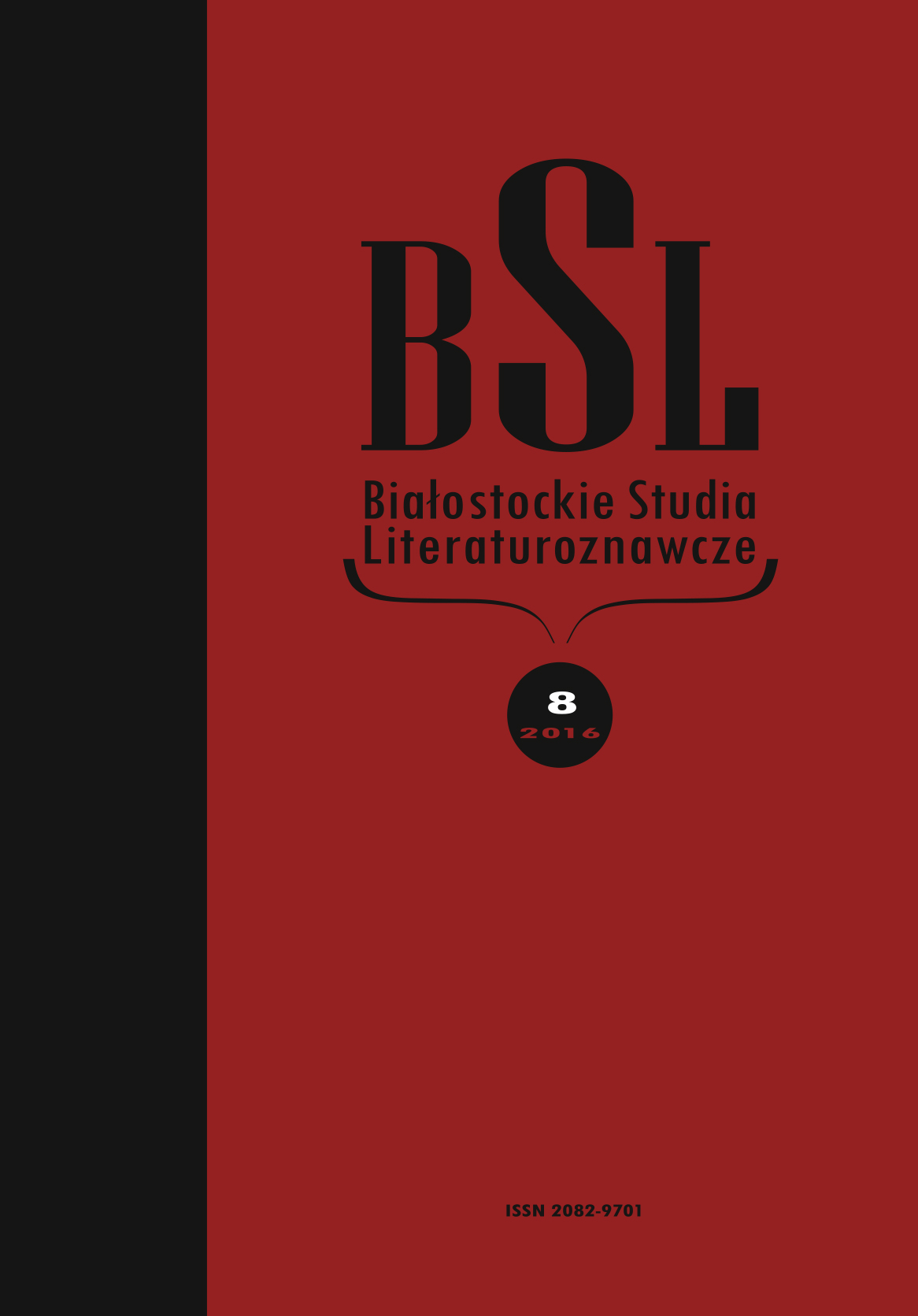Mapy literackie – kłącze, fałdy i „efekt przedpokoju”
Literary Maps – the Rhizome, the Fold and the “Antechamber Effect”
Author(s): Maciej DajnowskiSubject(s): Language and Literature Studies, Studies of Literature
Published by: Wydawnictwo Uniwersytetu w Białymstoku
Keywords: geopoetics; literary space; literary maps; cultural imagination
Summary/Abstract: The paper summarizes some remarks on the metaphor of map, as it is used within the field of geopoetics. The first of its meanings refers to representation of literary space in a work of fiction. The second is often applied to describe an imaginary vision of real geographic (political, economic etc.) space. It is therefore determined (or “created”) by culture, or rather by innumerable cultural texts, which affect our common, i.e. culture-dependent imagination. In both cases “the map” should not be considered as a representation in its traditional meaning of something essentially present or given. Instead, Deleuzian metaphors of the rhizome and the fold seem more convenient here, as they highlight this unready, process- and interpretation-dependent character. The sets of metaphorical notions, such as “fold/ply”, “double fold/twofold/two-ply” and “folding/creasing/ironing imaginary maps” are used in this paper to clarify the idea of “antechamber effect”. In consequence, this is a phenomenon which, within the realm of literary imagination, renders some real territories with weak cultural potential nonexistent.
Journal: Białostockie Studia Literaturoznawcze
- Issue Year: 2016
- Issue No: 08
- Page Range: 23-31
- Page Count: 9
- Language: Polish

